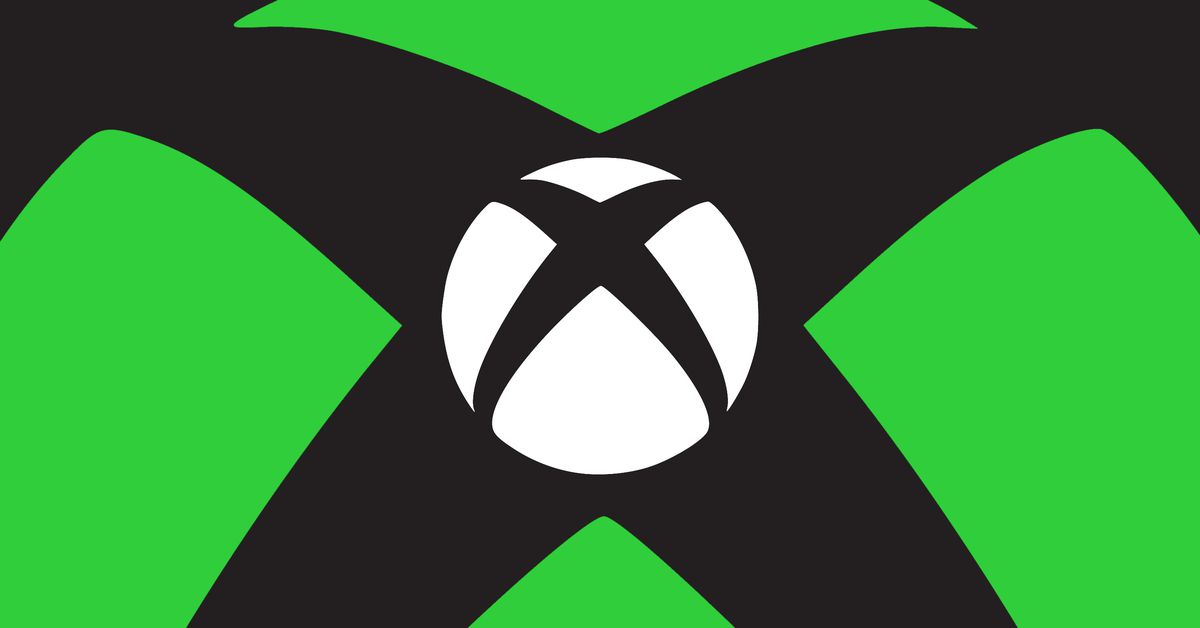The final day of the FTC v. Microsoft hearing focused on the closing arguments from both parties and Judge Jacqueline Scott Corley’s tough questions for the FTC. The FTC’s case primarily centered around the potential harm to competition if Microsoft acquired Activision Blizzard and made Call of Duty exclusive to Xbox. However, regulators worldwide, including the European Commission, have already rejected this theory. The FTC also faced difficulties in proving its case during the closing arguments, with Judge Corley questioning the importance of Call of Duty and the lack of evidence supporting the FTC’s economic expert’s models. Microsoft’s lawyers appeared to enjoy watching the FTC struggle with its arguments. The hearing also touched on the market definition of consoles, with Judge Corley questioning why people couldn’t switch to PCs for gaming. The FTC seemed to lack understanding of the gaming market and failed to explain why PCs were not a viable alternative for many gamers. Additionally, Microsoft corrected the FTC’s mistake regarding Elder Scrolls, stating that Elder Scrolls 6 is not similar to Call of Duty and is scheduled for release in 2026.
Source link
